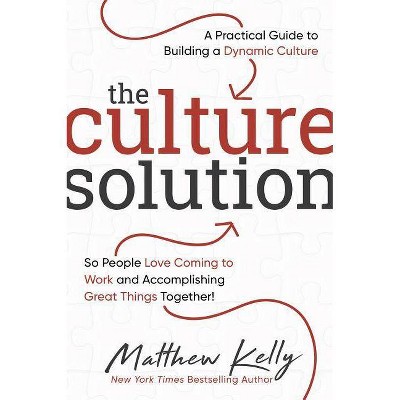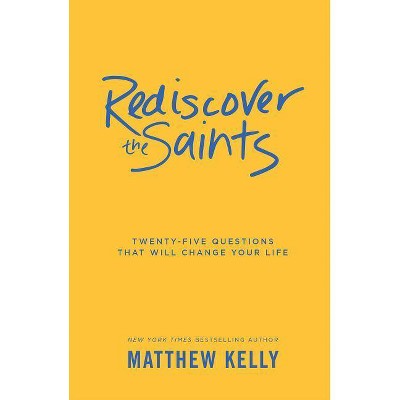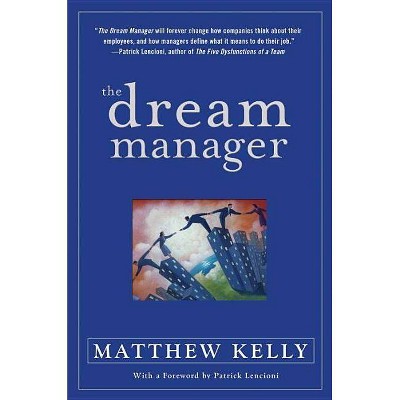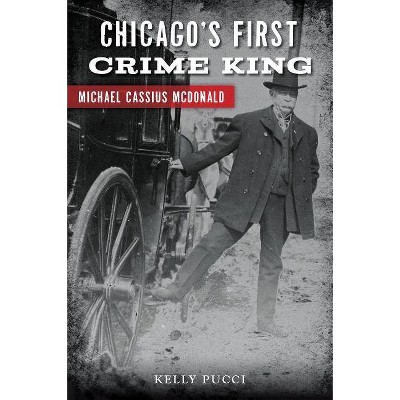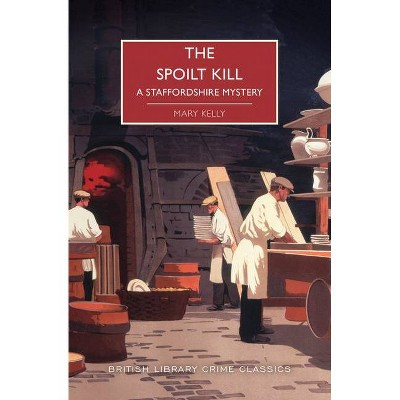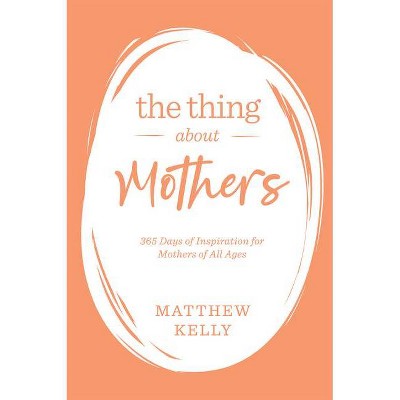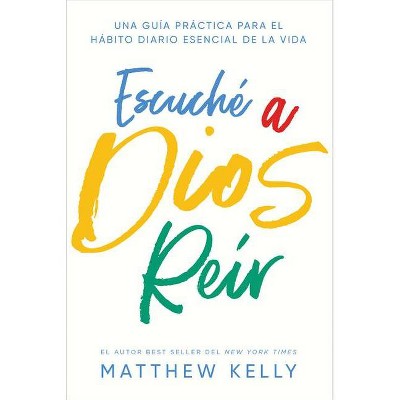The Crime of Nationalism - by Matthew Kraig Kelly (Paperback)
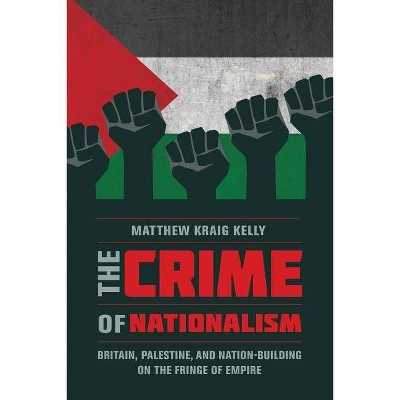
Similar Products
Products of same category from the store
AllProduct info
<p/><br></br><p><b> About the Book </b></p></br></br>"The Palestinian national movement gestated in the early decades of the twentieth century, but it was born in the Great Revolt of 1936-39, a period of sustained Arab protest against British policy in the Palestine mandate. In The Crime of Nationalism, Matthew Kraig Kelly makes the unique case that the key to understanding the Great Revolt lies in what he calls the crimino-national domain--the overlap between the criminological and the nationalist dimensions of British imperial discourse, and the primary terrain upon which the war of 1936-39 was fought. Kelly's analysis amounts to a new history of one of the major anticolonial insurgencies of the interwar period and a critical moment in the lead-up to Israel's founding. The Crime of Nationalism offers crucial lessons for the scholarly understanding of nationalism and insurgency more broadly."--Provided by publisher.<p/><br></br><p><b> Book Synopsis </b></p></br></br>The Palestinian national movement gestated in the early decades of the twentieth century, but it was born during the Great Revolt of 1936-39, a period of Arab rebellion against British policy in the Palestine mandate. In <i>The Crime of Nationalism, </i> Matthew Kraig Kelly makes the unique case that the key to understanding the Great Revolt lies in what he calls the "crimino-national" domain--the overlap between the criminological and the nationalist dimensions of British imperial discourse, and the primary terrain upon which the war of 1936-39 was fought. Kelly's analysis amounts to a new history of one of the major anticolonial insurgencies of the interwar period and a critical moment in the lead-up to Israel's founding. <i>The Crime of Nationalism</i> offers crucial lessons for the scholarly understanding of nationalism and insurgency more broadly.<p/><br></br><p><b> From the Back Cover </b></p></br></br>"A major contribution that deals with a key moment in Palestinian history. Kelly shows convincingly that Palestinians launched and persisted in their armed struggle largely in response to the violent methods that Great Britain routinely employed during its colonial occupation. He demonstrates as well how the British government and media and their Zionist allies consistently refused to recognize the revolt's political character, and instead insisted on labeling it as a criminal enterprise rather than as a nationalist mobilization."--Ted Swedenburg, author of <i>Memories of Revolt: The 1936-1939 Rebellion and the Palestinian National Past</i> <p/> "This is a compelling book that narrates how the British engaged with the Palestinian revolt. Kelly demonstrates the blindness of the British Mandate Government (and the Colonial Office) to what was going on in Palestinian society, and proves that this blindness played a causal role in how the revolt unfolded. He also succeeds in exposing the convergence between British and Zionist views throughout most of the revolt. <i>The Crime of Nationalism</i> is a major contribution."--Laila Parsons, author of <i>The Commander: Fawzi al-Qawuqji and the Fight for Arab Independence, 1914-1948</i> <p/> "<i>The Crime of Nationalism</i> is a powerful addition to the literature on Palestine, Zionism, and the pre-1948 conflict between the two nationalist movements, particularly on the 1936-39 revolt."--Mark LeVine, author of <i>Overthrowing Geography: Jaffa, Tel Aviv, and the Struggle for Palestine, 1880-1948</i><p/><br></br><p><b> Review Quotes </b></p></br></br><br>"Histories of imperialism and nationalism ... will all benefit greatly from this work."-- "Journal of Interdisciplinary History"<br><br>"Kelly's book is a must-read because the crimino-national logic he describes is still in force. It has lost some of its idioms but the lethal potency of its discursive coordinates remain operative. While Kelly's interpretive analytical prism shows that the reality was otherwise, thearchival documents written mostly by colonial administrators and Zionist campaigners bear the imprint of a demonizing narrative that continues to reproduce itself in multiple ways and still haunts the Palestinian national movement.-- "Journal of Palestine Studies"<br><br>"Kelly is to be congratulated for a scholarly study that is sure to provoke further debate about the Arab revolt of the 1930s, a pivotal insurgency that demands more scrutiny and about which too little has been written."-- "Middle East Journal"<br><br>"Kelly's analysis of the 'Great Revolt' of 1936-39, an Arab rebellion against British colonial policy in the Palestine mandate, emphasises the importance of what he characterises as the 'overlap between the criminological and nationalist dimensions of British imperial discourse', or the ways in which acts of violence on both sides were represented and interpreted."-- "Survival: Global Politics and Strategy" (7/18/2018 12:00:00 AM)<br><p/><br></br><p><b> About the Author </b></p></br></br><p><b>Matthew Kraig Kelly</b> is a historian of the modern Middle East. He has served as a visiting professor at Occidental College and the University of California, Los Angeles, and his work has been published in the <i>Journal of Palestine Studies</i>, <i>Middle East Critique</i>, and other academic journals.</p> <br>
Price History
Price Archive shows prices from various stores, lets you see history and find the cheapest. There is no actual sale on the website. For all support, inquiry and suggestion messagescommunication@pricearchive.us


